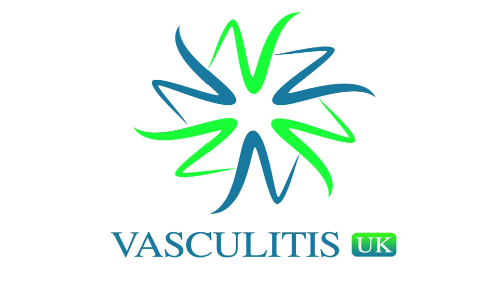… for those who may have get protection from vaccines.
A coalition of charities, including Vasculitis U.K. has written an open letter to employers, calling for them to put protective measures in place for staff who may have reduced protection from the COVID-19 vaccines.
We are supporting this initiative as we know that some patients who are on immunosuppressive treatments are concerned about whether their treatments will have reduced the protection offered to them by the COVID-19 vaccines. We think that it is important for employers to recognise that there should not be a one-size-fits-all approach when it comes to a return to work, especially for those people who are on strong immunosuppressive treatments in workplaces that involve contact with lots of people.
The coalition are calling for:
- Individual COVID-19 risk assessments to be prioritised as a matter of urgency for employees at most risk.
- Adjustments such as flexible start times to avoid peak time travel on public transport.
- Those most at risk to be allowed to continue working from home where possible.
- The use of the Coronavirus Job Retention Scheme – open until 30th September – to furlough those who cannot work from home.
The approved vaccines are safe to use in those undergoing treatment with immunosuppressant medications. For people with vasculitis, the vaccines will give protection against catching COVID-19 or severe illness due to infection. However, there is increasing evidence that those taking certain immunosuppressive treatments may have a lower level of protection from COVID-19 vaccination compared with the general population. Research is ongoing to learn more about the extent to which someone’s treatment impacts the protection they get from the vaccines.
Having both doses of the vaccine is very important to maximise your protection. For example, early research suggests the second dose may be particularly important for people who are taking immunosuppressants and steroids. It is advised that people with vasculitis on immunosuppressant medications get vaccinated because it could still provide some protection against the most severe symptoms of COVID-19.
Read the letter to employers, in full here

